
Stomach Cancer Is Often Overlooked
Stomach Cancer Is Often Overlooked: 5 Symptoms After Meals That Indicate You Need an Early Endoscopy, According to Doctors
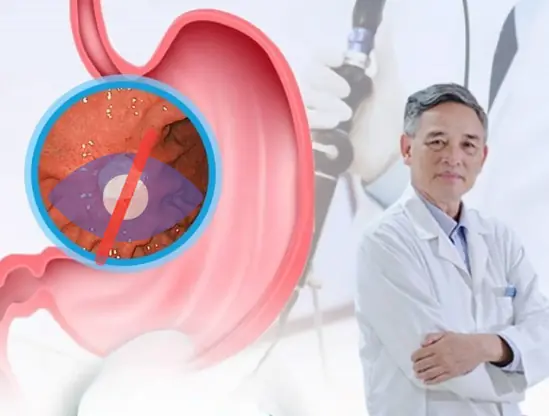
Stomach cancer is one of the most dangerous types of cancer because it often develops silently in its early stages. Many people mistake its symptoms for common digestive issues, delaying diagnosis and treatment. Doctors warn that if you experience certain symptoms after eating, it could be a sign that you need a gastroscopy (endoscopy) as soon as possible.
1. Persistent Indigestion or Bloating
Occasional bloating or discomfort after eating is normal, but frequent or persistent indigestion that does not improve with dietary changes could be an early sign of stomach cancer. This happens because cancer can affect the stomach’s ability to digest food properly, leading to a constant feeling of fullness.
2. Loss of Appetite or Feeling Full Too Quickly
If you find yourself feeling full after eating just a small amount of food, it might indicate a problem. A tumor in the stomach can compress the stomach walls, reducing its capacity and causing early satiety. This can lead to unintentional weight loss, another red flag for stomach cancer.
3. Stomach Pain or Discomfort After Eating
Mild stomach pain is common, but recurring pain or burning sensations after meals should not be ignored. Tumors in the stomach lining can cause irritation, leading to chronic discomfort that worsens over time. If your pain is persistent and unexplained, a medical check-up is necessary.
4. Nausea or Vomiting, Especially With Blood
Frequent nausea or vomiting after meals—especially if you notice traces of blood—is a serious warning sign. This can occur when a tumor blocks part of the digestive tract or causes internal bleeding. Blood in vomit often appears dark or coffee-ground-like, indicating potential internal bleeding that requires urgent medical attention.
5. Black, Tarry Stools (Melena)
If you notice dark or black stools, it may be due to bleeding in the stomach, which is a sign of advanced-stage stomach cancer. The presence of blood in the digestive system can cause stools to appear black and sticky, a condition known as melena. This symptom should never be ignored, as it suggests internal bleeding that needs immediate medical evaluation.
When Should You Get an Endoscopy?
If you experience one or more of these symptoms persistently, especially if you are over 40 or have a family history of stomach cancer, doctors strongly recommend getting an upper endoscopy. This procedure helps detect abnormalities in the stomach lining, allowing for early diagnosis and treatment.
Final Thoughts
Early detection is the key to treating stomach cancer effectively. Since its symptoms can be mistaken for common digestive problems, it’s essential to pay attention to persistent signs and seek medical advice if needed. If you experience these post-meal symptoms regularly, don’t ignore them—schedule an endoscopy as soon as possible for your health and safety.
News in the same category

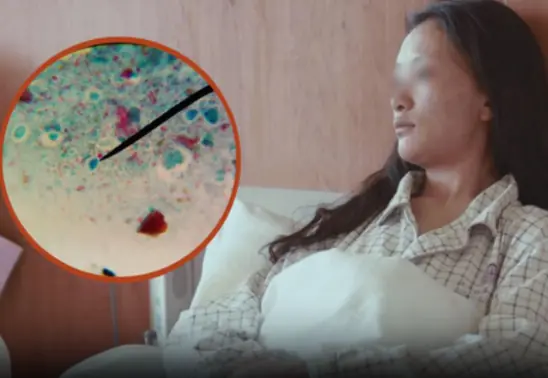
24-Year-Old Woman Suffers Stomach Perforation Due to One Common Morning Coffee Mistake
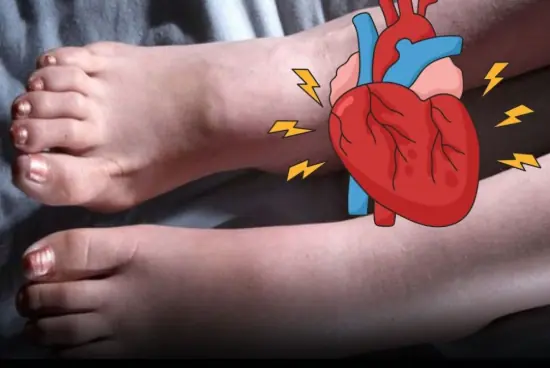
One Month Before A Heart Attack, Your Body Will Warn You Of These 7 Signs

This One Superfood Could Tackle Major Health Issues—Here’s What You Need To Know

Anyone with high blo.od fat should use this seed: just about $0.20 per handful, and every part—from leaves to roots—is medicinal

Why Your Hard-Boiled Eggs Have That Weird Green Ring
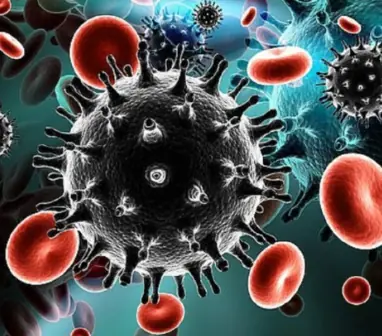
Itching in 9 Areas: A Warning Sign of Malignant Tumors, Number 7 Is the Most Common
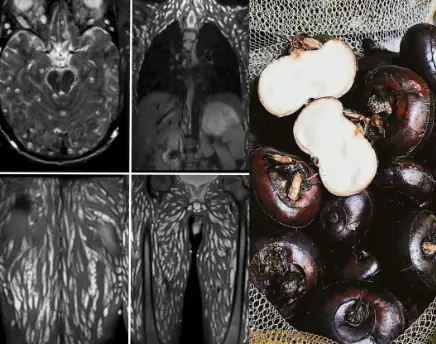
Eating Just One Bite is Already Harmful, But Many Still Eat It Without Worry

A 4-Year-Old Girl Nearly Lost Her Life to Diabetes — Parents in Tears: “I Spoiled Her Too Much!”
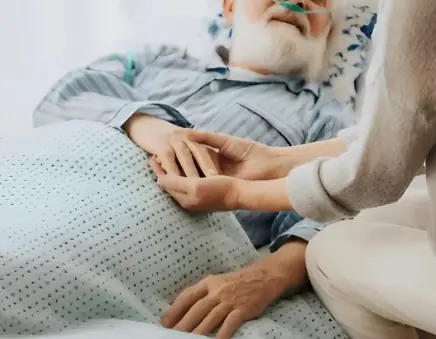
3 Signs Your Parent May Be Nearing the End of Life — How to Prepare for What’s Ahead

With just one tablespoon of olive oil a day, the body can gain multiple benefits for the heart, digestion, and skin—if used correctly.

A month before a stroke, your body warns you: 10 signs not to ignore
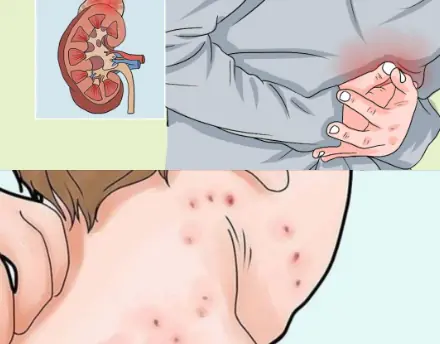
Early Signs of Kidney Disease & How to Protect Your Kidneys (Evidence Based)

What Does It Mean When You Dream About Someone Close Who’s Died?

Is Falling Asleep the Moment You Lie Down a Good Thing? Many People Have Been Misunderstanding This

Never Pair Eggs With These 3 Foods: Your Health May Suffer

WHO warns: Stop immediately if you are eating too much of these four types of fish
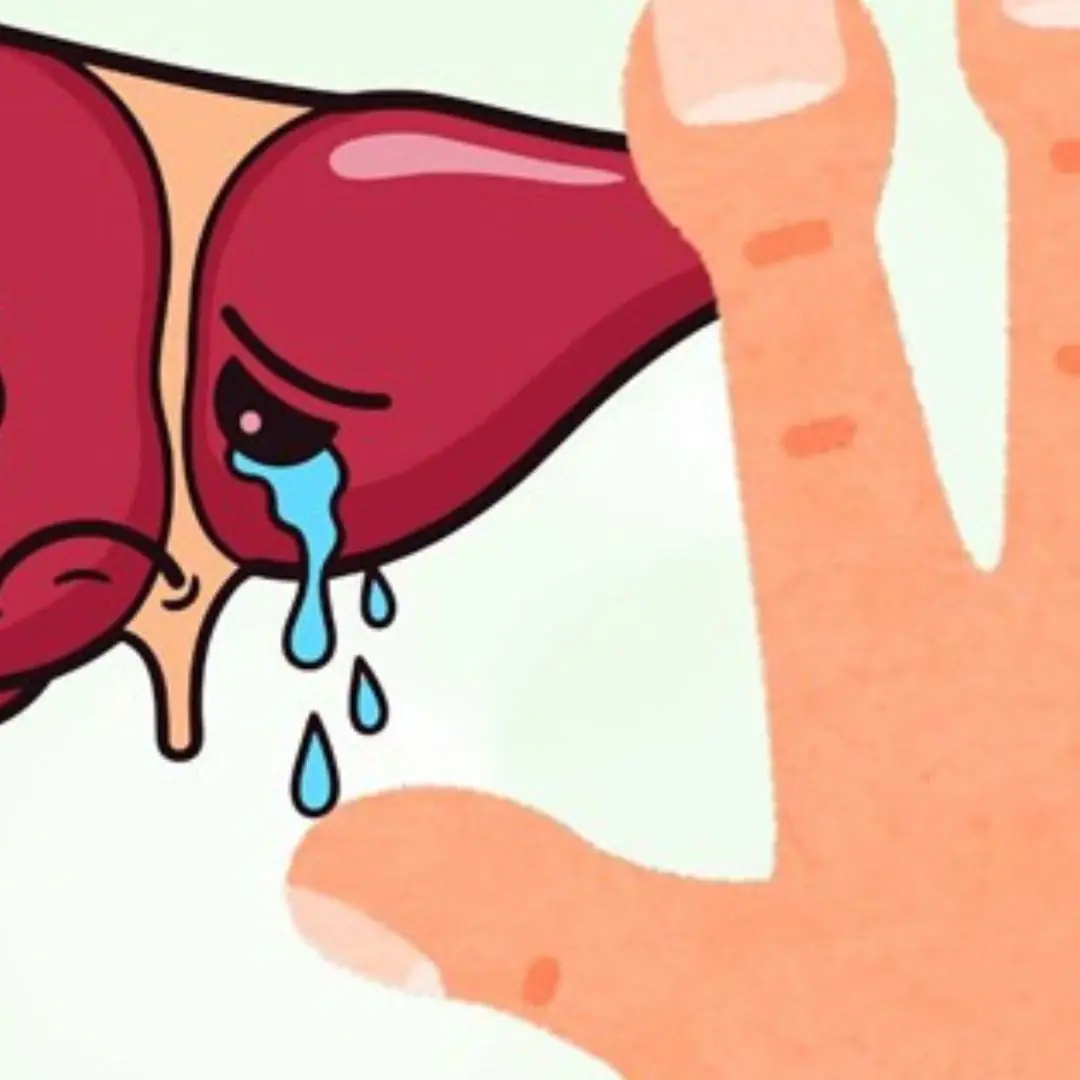
People with liver failure often have 3 characteristics on their hands, if you have 1 you should see a doctor soon
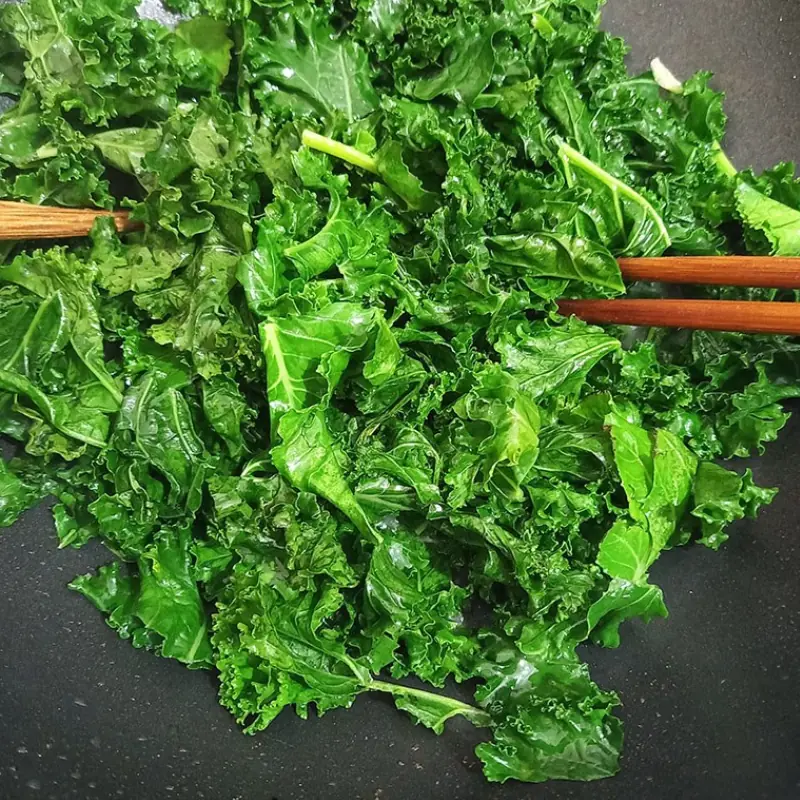
3 vegetables that can.cer cells ‘can’t stand’: Easy to find at any marketcombining them may double the benefits

My son introduced his girlfriend, and I was very wo.rried...
News Post

Scientists May Have Actually Found One Of The Causes Of Autism

24-Year-Old Woman Suffers Stomach Perforation Due to One Common Morning Coffee Mistake

One Month Before A Heart Attack, Your Body Will Warn You Of These 7 Signs

This One Superfood Could Tackle Major Health Issues—Here’s What You Need To Know

Anyone with high blo.od fat should use this seed: just about $0.20 per handful, and every part—from leaves to roots—is medicinal

Why Your Hard-Boiled Eggs Have That Weird Green Ring

Itching in 9 Areas: A Warning Sign of Malignant Tumors, Number 7 Is the Most Common
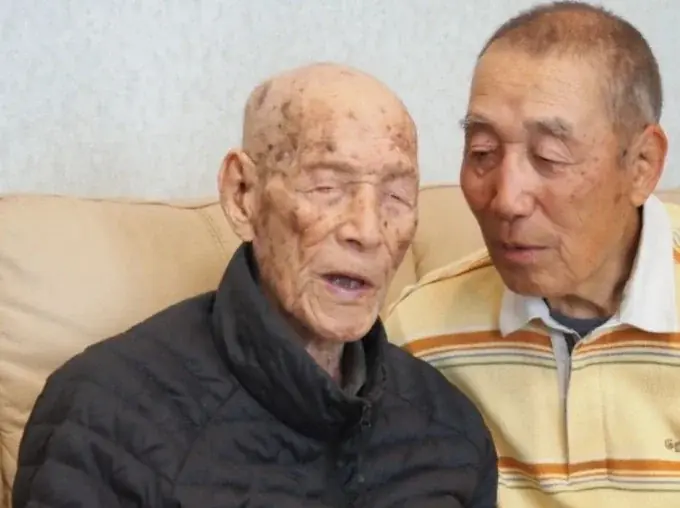
A 111-year-old man eats these two foods every day—and they’re incredibly cheap at local markets

Eating Just One Bite is Already Harmful, But Many Still Eat It Without Worry

A 4-Year-Old Girl Nearly Lost Her Life to Diabetes — Parents in Tears: “I Spoiled Her Too Much!”

3 Signs Your Parent May Be Nearing the End of Life — How to Prepare for What’s Ahead

With just one tablespoon of olive oil a day, the body can gain multiple benefits for the heart, digestion, and skin—if used correctly.

A month before a stroke, your body warns you: 10 signs not to ignore

Early Signs of Kidney Disease & How to Protect Your Kidneys (Evidence Based)

What Does It Mean When You Dream About Someone Close Who’s Died?

8 Foods You Should Not Combine With Chicken Meat — Everyone Should Know to Avoid Health Risks

Is Falling Asleep the Moment You Lie Down a Good Thing? Many People Have Been Misunderstanding This

Never Pair Eggs With These 3 Foods: Your Health May Suffer

WHO warns: Stop immediately if you are eating too much of these four types of fish
